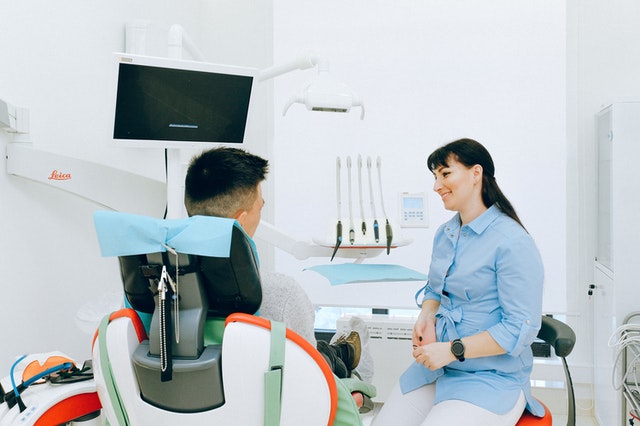Maintaining good oral hygiene is essential for overall health, and brushing your teeth is a key component of that routine. But how many times a day should you brush your teeth to ensure a healthy and radiant smile? Let\'s explore the recommendations and best practices for brushing your teeth effectively.
The General Recommendation
Dentists and oral health experts generally recommend brushing your teeth at least twice a day: once in the morning and once before bed. This routine helps remove plaque, food particles, and bacteria that accumulate on your teeth and gums throughout the day and night.
Why Twice a Day?
- Morning Brushing: Brushing your teeth in the morning helps remove plaque and bacteria that build up overnight. During sleep, saliva production decreases, which can lead to a dry mouth and an environment where bacteria thrive. Morning brushing ensures that you start your day with a clean mouth and fresh breath.
- Evening Brushing: Brushing your teeth before bed is crucial because it removes the day\'s accumulation of plaque, food particles, and bacteria. This practice helps prevent cavities, gum disease, and bad breath. Additionally, brushing before bed ensures that your mouth is clean while you sleep, reducing the risk of overnight bacterial growth.
Can You Brush More Often?
While brushing twice a day is the standard recommendation, some individuals may benefit from brushing more frequently, particularly if they have specific oral health concerns. Here are a few scenarios where additional brushing might be beneficial:
- After Meals: Brushing your teeth after meals can help remove food particles and acids that contribute to tooth decay. If you choose to brush after eating, wait at least 30 minutes to avoid damaging your enamel, especially if you\'ve consumed acidic foods or drinks.
- Orthodontic Patients: Individuals with braces or other orthodontic appliances may need to brush more often to prevent plaque buildup around brackets and wires. Regular brushing can help maintain oral hygiene and prevent complications during orthodontic treatment.
- Medical Conditions: Certain medical conditions, such as dry mouth (xerostomia) or acid reflux, can increase the risk of dental issues. In such cases, brushing more frequently and using specialized oral care products may be necessary to protect your teeth and gums.
Overbrushing: A Cautionary Note
While it\'s important to maintain good oral hygiene, overbrushing can have negative effects. Brushing your teeth too often or using excessive force can lead to:
- Tooth Enamel Erosion: Vigorous brushing can wear down tooth enamel, making your teeth more susceptible to sensitivity and decay.
- Gum Recession: Brushing too hard can cause your gums to recede, exposing the roots of your teeth and increasing the risk of sensitivity and gum disease.
To avoid overbrushing, use a soft-bristled toothbrush and gentle, circular motions. Replace your toothbrush every three to four months or sooner if the bristles become frayed.
The Bottom Line
Brushing your teeth twice a day, in the morning and before bed, is the cornerstone of good oral hygiene. This routine helps remove plaque and bacteria, preventing cavities, gum disease, and bad breath. While some individuals may benefit from additional brushing, it\'s essential to avoid overbrushing and use proper techniques to protect your teeth and gums.
By following these recommendations and maintaining a consistent oral care routine, you can enjoy a healthy, radiant smile for years to come.
